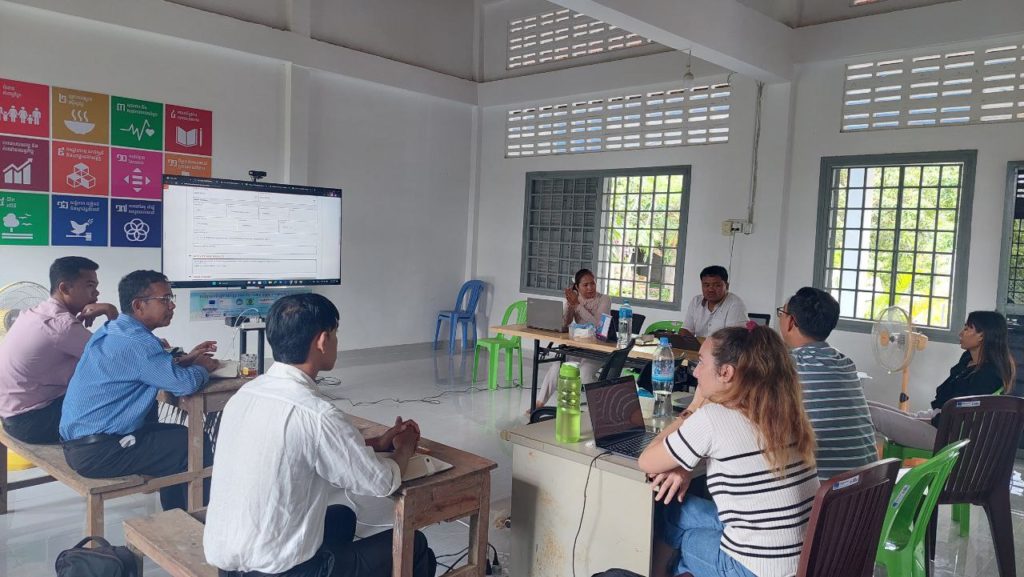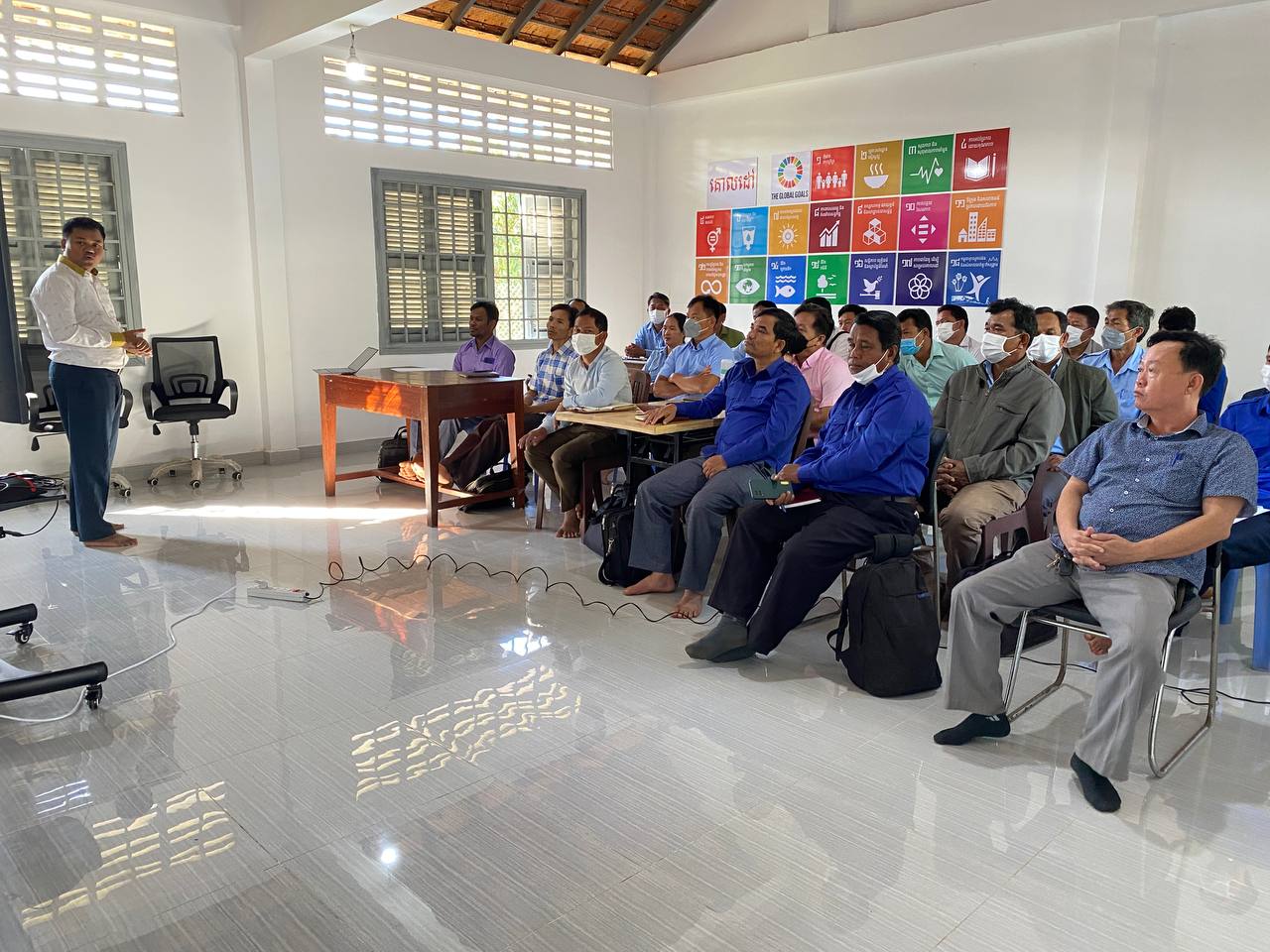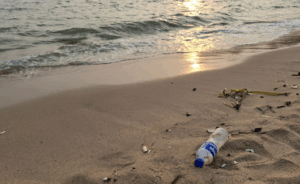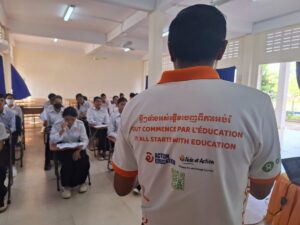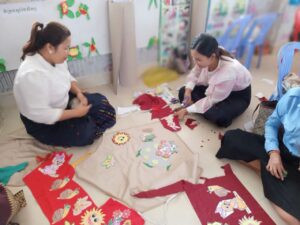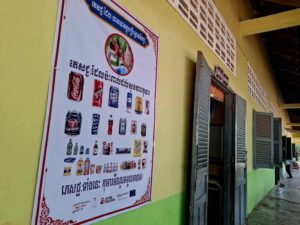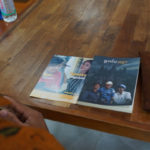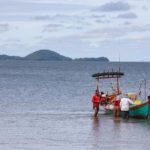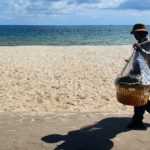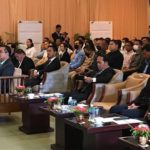The CO-SAVED, co-funded by the EU, led by Aide et Action (Action Education) and other 20 partners, has been implemented in Cambodia’s coastal regions and is based on a model of sustainable growth that synergizes partnerships across Cambodian society. This means CO-SAVED brings together local government officials, members of civil society, and social enterprises. Their shared commitment – to promote significant change for Cambodians and to advance the Sustainable Development Goals – is the cornerstone of the initiative.
A coordination hub/learning hub is attached to a district or commune office to provide a co-working space for partners and authorities to collaborate on a monthly work plan about education, development, and conservation.
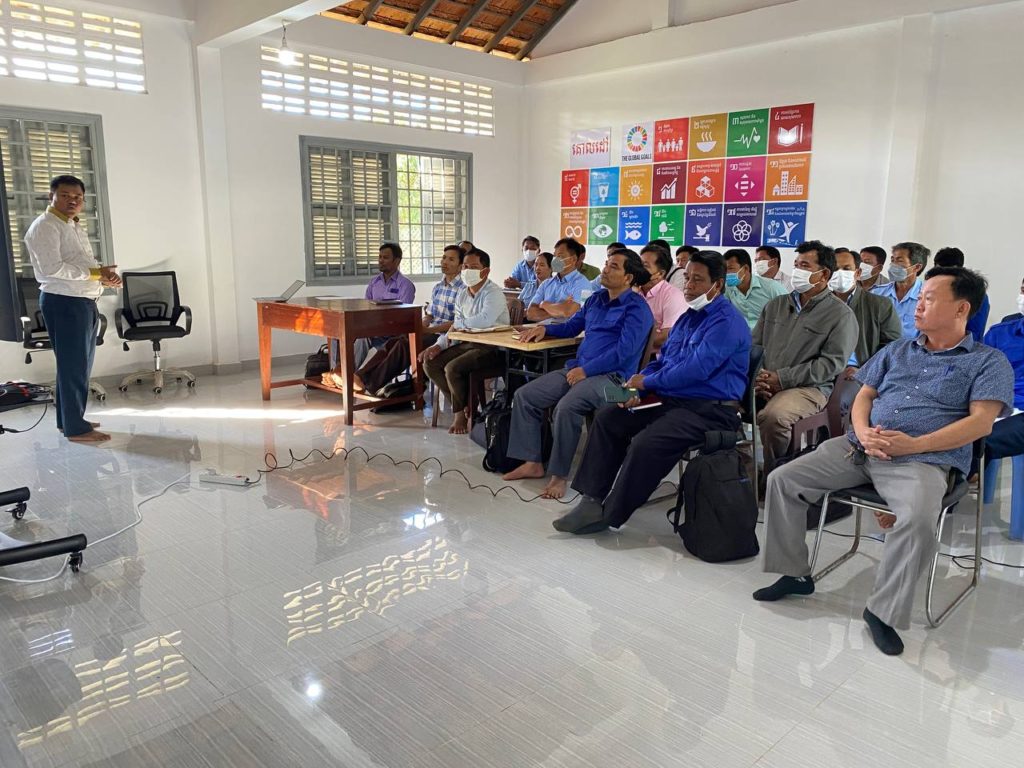
The coordination/learning hub is currently being expanded throughout the coastal provinces of Kep and Kampot, and will soon be in the Preyhoub district of Preah Sihanouk province. The first one is provided by Pong Teuk commune, and the second one is a co-funded renovated meeting room of the Trapeang Sangke fishery community. All the learning hub building and location are provided without a rental fee within the framework of co-working space understanding.
Aide et Action encourages citizen participation, democratic governance, and accountability since it considers a multi-stakeholder dialogue essential for success. How does it work in real life? Local efforts are being stepped up. For example, CO-SAVED provides co-working spaces in the province of Kep where local residents can gather. A ‘learning hub’ is not only a physical office, but it is also a virtual platform with an Internet connection, a TV screen, a camera, and speakers to enable long-distance conferences, according to Phal Sovanthy, Education Specialist for KAPE. The NGO worker expressed enthusiasm. “It’s a good site. We gather the principal, teachers, and parents – who are typically fishermen – when we deal with schools.”
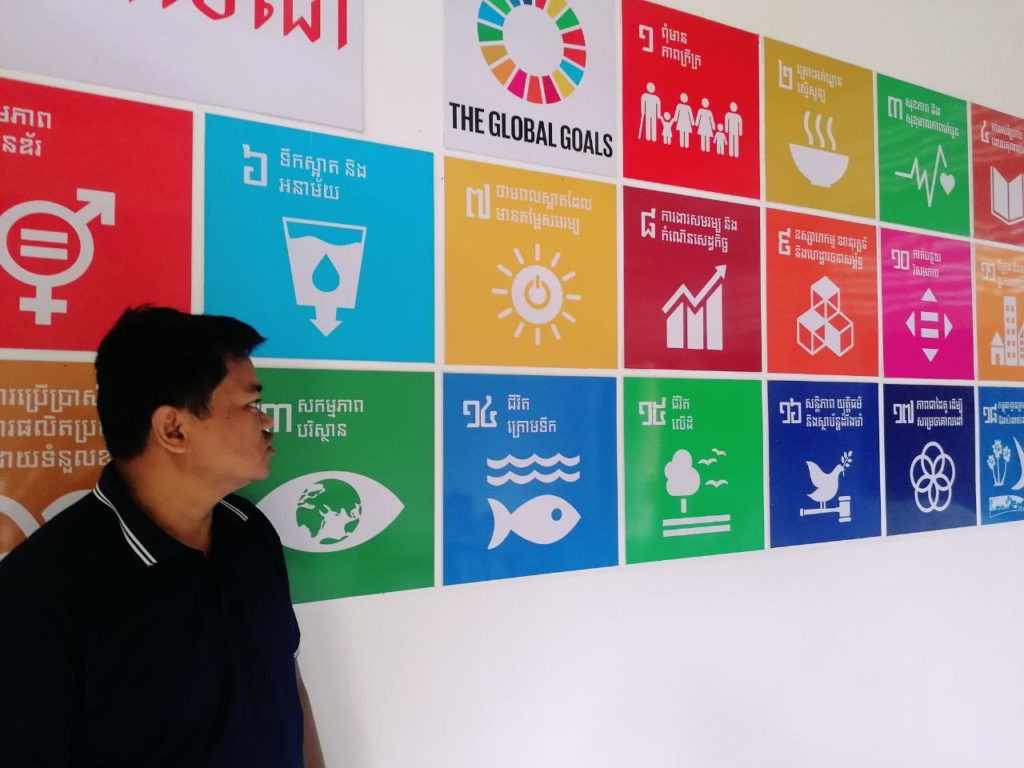
The ‘learning hub’ in Kep aims to ensure that everyone has a voice and to provide an opportunity to engage in community initiatives for green growth, education, and nature conservation. It is crucial to strengthen good relations between local residents and council officials in order to advance an inclusive and participatory society. The hub plays the role of a public space where people are welcome to communicate and to share their ideas. On one hand, local authorities use it to disseminate public information. On the other, community members can request a meeting by themselves, if they wish to discuss a specific problem.
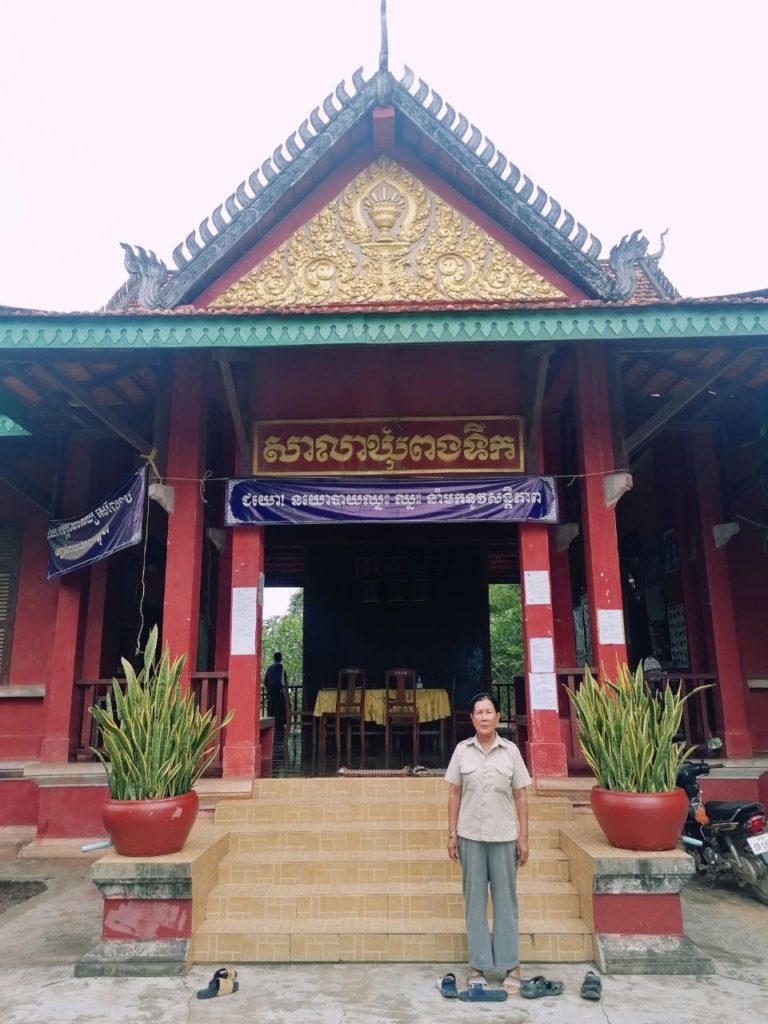
According to Phal, “we mainly invite community members, NGO employees, and the local Government. People can discuss their issues here in a public setting. They can talk about any potential solutions they come up with.” For Pou Mom, deputy commune chief, “we invite anyone to come here. Everyone is welcome here.” She explained local authorities built the property in 2003 to benefit people in the area. “We wanted to have a place to learn and teach English, computer skills, vocational training…” Today, the hub of Kep is multi-functional. It is a venue where people come, share their experiences and develop their creativity. It serves as an incubation hub and innovation laboratory, or as a place for networking, coaching, mentoring, and assistance.
“My hope for the future,” expressed Phal Sovanty, “is to inform more people about the learning hub of Kep so people can come and use it more. They can raise their voices here. It is a meeting place that is owned by the council and made available to community members free of charge.” He added: “I wish there would be more equipment, such as chairs and tables, so we could increase the number of people coming here and organize bigger events.”
SAVED has been implemented in four provinces; therefore, in order to maximize exposure and learning, networking and exchange will be required to cross-pollinate ideas and allow PSRs, SEAs, and LAs to learn from one another. More formal sharing methods, such as district and provincial workshops, will also be used.
PSRs and SEAs require experiential learning experiences in which students can take risks without fear of failure. As a result, incubation hubs and innovation laboratories, along with networking, continuing coaching and mentoring, and assistance, are the appropriate activities.
Last year, a total of 880 individuals took part in the co-working spaces including 220 PSRs, 230 SEAs, and 220 CSOs has used the learning hub in Kep province.
